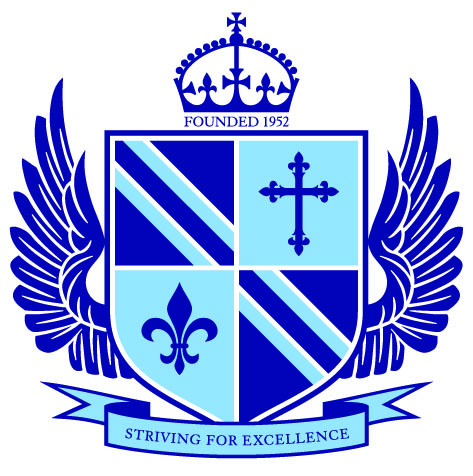History
History is an exciting and enjoyable course, which engages students in the process of historical enquiry and is relevant and stimulating. The course provides students with the opportunity to study different periods of History and to look at people’s motives and how they behave. History is vital to our understanding of today.
GCSE HistorySPECIFICATION LINK: 1HI0 COURSE INFORMATION: Edexcel GCSE History (601/8092/4) ASSESSMENT STRUCTUREWritten component: There are three externally marked exams. Paper 1: Medicine Through Time 1250 to the present and The British sector of the Western Front, 1914-1918: injuries, treatment and the trenches
Students study major developments in medicine and medical treatment and their impact on society from 1250 to the present day. For example, we study supernatural explanations for the cause of disease, different ideas for the prevention of disease, the germ theory through to the development of modern treatments. Students also study the historic environment of the First World War. The condition in the trenches, new types of weapons and the development of new approaches to injuries bought about by gas attacks, shrapnel and new rifles. The significance of the Western Front for experiments in surgery and medicine is studied, for example, new techniques in the treatment of wounds and infection, the use of mobile x-ray units, the creation of a blood bank for the Battle of Cambrai. The historical context of medicine in the early 20th century: the understanding of infection and moves towards aseptic surgery; the development of x-rays; blood transfusions and developments in the storage of blood. As part of this study we visit Thackray Medical Museum in Leeds next to ‘Jimmy’s’ - St James’ Hospital. This is an award-winning leading museum, which tells the story of advances in medicine and surgery. Exciting hands-on exhibits take students back in time to explore how medicine has changed. Paper 2: Period Study and British depth studies
The period studied is the American West. This is an exciting and colourful period of American history. We study The Plains Indians: their beliefs and way of life and changes in the way of life of the Plains Indians. Early settlement in the West including the California Gold rush and the experiences of migration of the Donner Party and the Mormons. Conflict and tension in the American West: The problems of lawlessness in the early towns and settlements. Attempts by government and local communities to tackle lawlessness. Students will also study the myth of the Cowboy and the Battle of Little Big Horn. The British depth study: focuses on Anglo-Saxon and Norman England in 1066This is a fast-moving period of History and is essential to our understanding of British history. Students study Anglo-Saxon society, the last years of Edward the Confessor and the succession crisis. Pupils also study the rival claimants for the throne, the Norman invasion, how William I established control and the establishment of the feudal system. This was a thrilling time in our history, a time of great rivalry, revolts and treachery. Paper 3: Modern Depth Study: Students study Weimar Government and Nazi Germany 1918-1939
The course looks at the legacy of the First World War to the development and takeover of the Nazi Party and the creation of the police state. It examines the role of the Gestapo and Nazi control of propaganda. Life in Nazi Germany is studied and Nazi policies towards women and the young. Employment and living standards are examined as well as Nazi persecution of minorities. |
